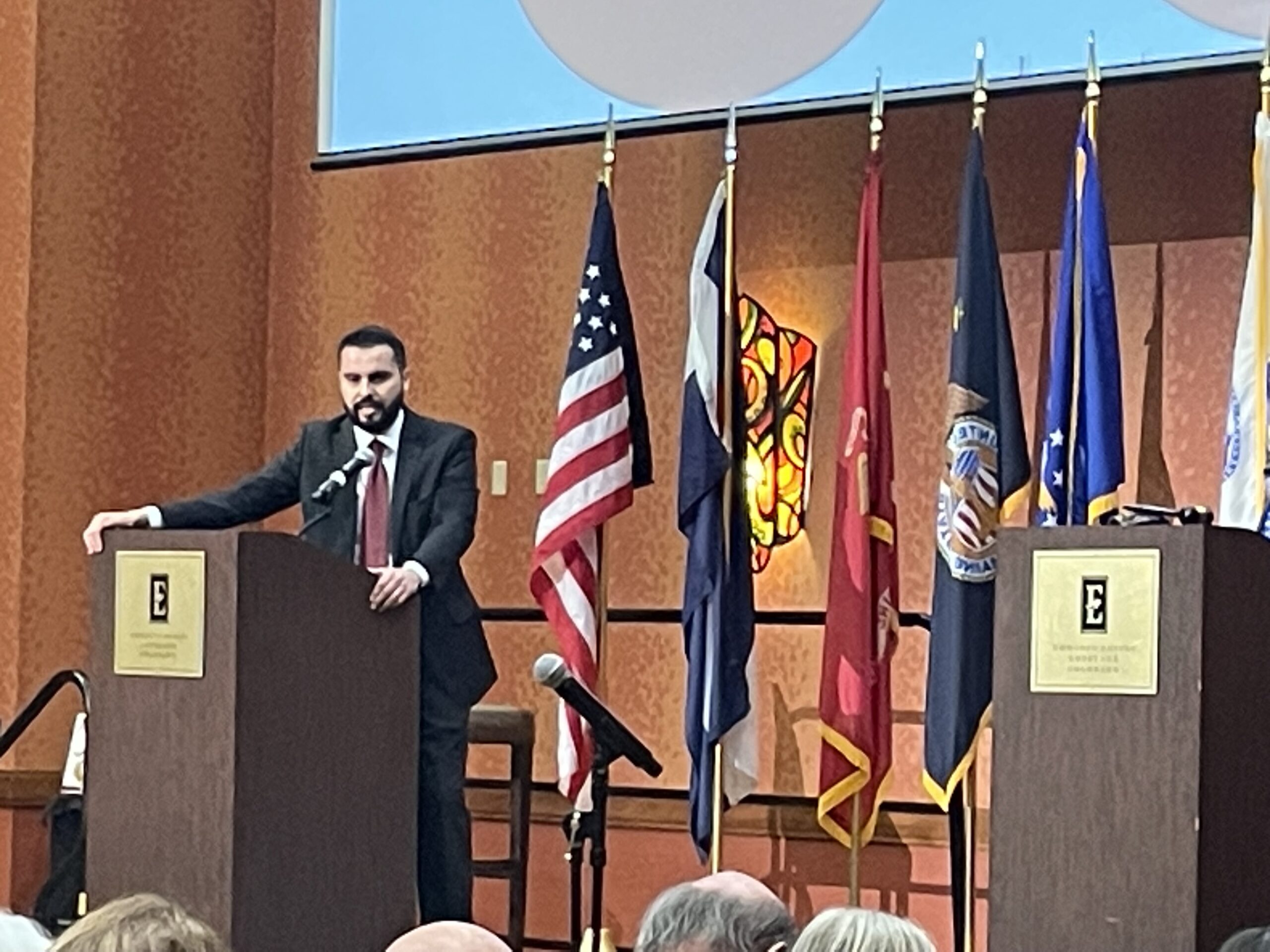
During a meeting Saturday Colorado Republicans rejected a rule change that would have made it easier for the party to formally opt out of Colorado's current semi-open primary system.
The GOP central committee met in Castle Rock to decide whether absences during a future meeting would be counted as “yes” votes for opting out. The proposed rule change divided Republicans, some said it was unconstitutional and illegal to count an absence as “yes”, others said it made sense and would help prevent people from boycotting the upcoming vote altogether.
At issue is the role unaffiliated voters hold in Colorado’s primaries. Unaffiliated voters now make up the state’s largest voting block and are allowed to vote in either the Republican or Democratic primary contests.
Republican state party chair Dave Williams said Republicans have a constitutional right to select their own nominees.
“The current unconstitutional open primary scheme allows for Democrats, and other leftwing groups, to interfere in our primary nomination outcomes so they can weaken our general election prospects,” he said in an email to party members leading up to Saturday’s discussion.
Williams argues that Proposition 108, which voters approved in 2016, is unconstitutional. The initiative requires major political parties to allow unaffiliated voters to participate in primary elections. It also includes an opt-out clause for parties, if three-fourths of a party’s central committee agrees.
Advocates of opting out say getting three-fourths of the Republican central committee to agree is nearly impossible because the threshold is so high and it would require almost all of the members to attend an in-person meeting.
Former state lawmaker and Republican Weld County Commissioner Lori Saine was in favor of absences being counted as a “yes.” She said it would force people to show up to the next meeting.
“The boycotter's "No-show, No Proxies, No Shame' argument seems covered in vainglorious self-righteousness,” Saine wrote in an email. Noting that no-shows would be tallied as no votes
But Hunter Rivera, the acting Weld County GOP Chair praised Saturday’s decision. Prior to the meeting he strongly opposed the rule change.
“Automatically making a non-vote a yes vote flies in the face of the principles this country was built on,” he said.
Rivera said he’s fine closing the primary, but not using these methods. He wants whatever applies to Republicans to apply to Democrats. “We want a level playing field.”
He also doesn’t want to go to a caucus-only system and is concerned that the party may be moving farther to the right and will nominate candidates that don’t appeal to a broad swath of the electorate.
But even if the opt-out vote fails, Republican party officials are engaged in a multi-pronged effort to try to change how the Republican party nominates candidates. The party recently filed a lawsuit against the state in an attempt to stop unaffiliated voters from participating in the GOP primary elections.









